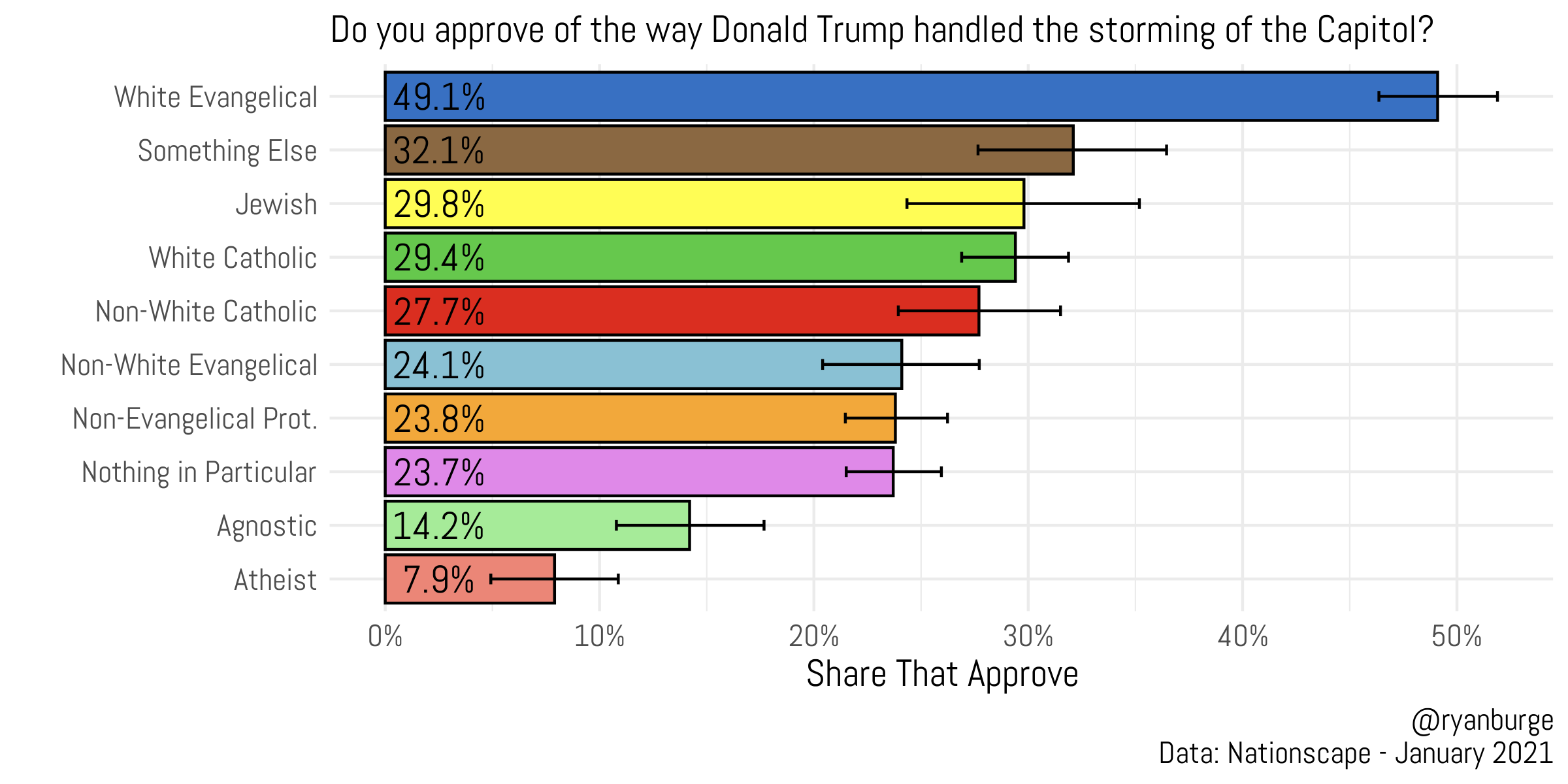Trump is set to make “a major announcement” tomorrow. “America needs a superhero,” he declares in his announcement of the coming announcement. He’s already said he’s running for president again. All of us with any sense realize a second Trump term is the worst possible thing for our country. What could it be? Is he re-announcing because the first announcement was such a flop?
And what the hell is up with the imagery in this clip?












